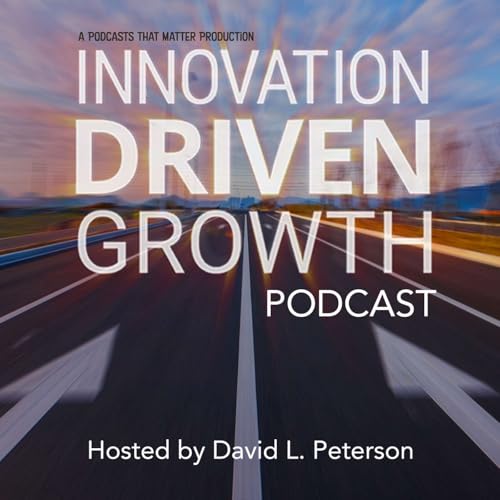We all love routine, but guess what? It’s a disaster for our brains!
In this episode, David explores how excessive routine can stifle creativity and problem-solving skills, particularly in organizations such as financial institutions. He discusses how an over-reliance on strict procedures might hinder employees’ adaptability in unexpected situations and limit their ability to identify areas for innovation.
Drawing from personal experiences and research findings, David highlights the “numbing effect” of routine on the brain’s executive functions, emphasizing its potential negative impact on employee creativity and crisis management. He suggests strategies like escape room exercises and continuous thought-provoking activities to counteract this effect and keep employees fit.
Tune in for invaluable insights on navigating the fine line between routine and innovation while uncovering ways to maximize creative potential!
Notes:
📉 David coined 'the numbing effect of routine' term: financial services don’t fare well when knocked off that routine. 00:58
🧠 Too much routine suffocates your brain: there’s evidence that the less you engage the executive functions, the weaker they become. 02:46
👉 A 2017 study reveals a link between heightened anxiety and an inverse relationship with goal-oriented behavior. 03:56
✅ The anomaly might be something that should be examined as the source of a creative idea that might streamline the process, potentially leading to innovation. 04:48
❗ If and when a true crisis occurs, the most important element in successfully remediating the crisis is how immediately the employees take thoughtful action. 06:02
⏹️ A process-oriented business inherently reduces the ability to recognize potential innovations or preparedness for addressing disasters. 07:04
💡 Escape rooms are a great way for employees to work on problem-solving: consider hosting logic quizzes, innovation idea vetting programs or engaging innovation workshops. 07:33
❓ How do you keep your people sharp and ready to go? 09:39
Links:
📌 David's book GROUNDED: https://davidpeterson.com/bookstore
📧 Email David: david@davidpeterson.com
🌞 Connect with David: www.linkedin.com/in/dlpspeaks
🤩 Learn more about David: www.davidpeterson.com
👨🏻💼 Consult with David: www.i7strategies.com
⛵ Sail with David: www.i7sailing.com
Resources:
How Too Much Routine Suffocates Your Brain: https://elemental.medium.com/how-too-much-routine-suffocates-your-brain-fcee3cd8444
Escape Room: www.amazon.com/Escape-Room-Box-Werewolf-Experiment/dp/B0752PGG2K/ref=sr_1_5?
 Aug 24 202415 min
Aug 24 202415 min 10 min
10 min 7 min
7 min 11 min
11 min 11 min
11 min Jan 19 202410 min
Jan 19 202410 min Jan 5 202411 min
Jan 5 202411 min Dec 22 202311 min
Dec 22 202311 min
